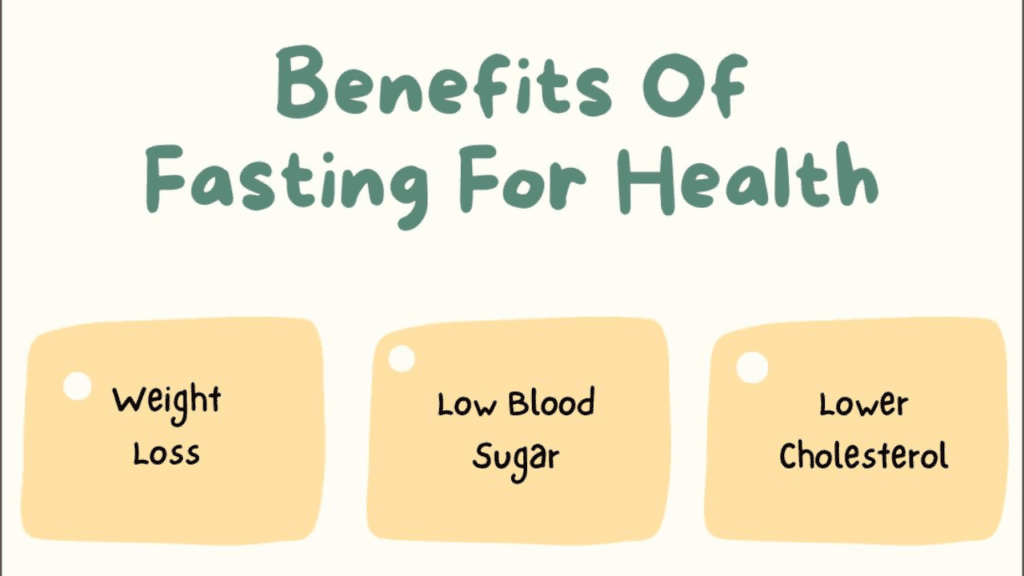Intermittent fasting, a popular eating pattern among fitness buffs, doesn’t come without its concerns, especially when it comes to your heart health. Here are some simple steps to protect your heart while following intermittent fasting.
Understanding Intermittent Fasting
Intermittent fasting is all about timing your meals. Instead of focusing on what you eat, it’s more about when you eat. You cycle between periods of eating and fasting. During the fasting period, your body starts burning fat for energy instead of the calories from your last meal. This can have benefits like weight loss, diabetes prevention, and reducing inflammation in the body. However recent research suggests that it might not be great for your heart if not done carefully.
How Intermittent Fasting Works
When you fast, your body switches from using glucose (sugar) for energy to using fat. This can lead to weight loss because your body taps into its fat stores for fuel. Some studies even suggest that intermittent fasting could help with conditions like diabetes, cancer, and thyroid problems. However, it’s crucial to be mindful of potential heart issues that can arise with this eating pattern.
Common Mistakes to Avoid
Before diving into intermittent fasting, it’s essential to consider a few things. Firstly, think about how many calories you’re consuming during your eating window. Eating too few calories can be harmful to your heart health. Secondly, if you have any existing health conditions, especially related to your heart, consult with a healthcare professional before starting intermittent fasting.

Expert Advice
Dr. C. Raghu, a Clinical Director & Senior Interventional Cardiologist, points out that intermittent fasting isn’t a new concept. Fasting has been around for centuries, and it’s not just about weight loss. It can also promote cell repair and help with conditions like diabetes. However, recent studies have raised concerns about the potential risks to heart health, especially with prolonged fasting periods. It’s not just about when you eat but also about how many calories you consume.
Takeaway Tips for Heart Health
Monitor your calorie intake: Make sure you’re getting enough calories during your eating window to support your overall health, including your heart.
Consult with a healthcare professional: If you have any existing heart conditions or concerns, talk to your doctor before starting intermittent fasting.
Be mindful of fasting duration: While intermittent fasting can have benefits, prolonged fasting periods may increase the risk of cardiovascular events.
Focus on overall nutrition: Don’t just rely on intermittent fasting for weight loss or health benefits. Make sure you’re eating a balanced diet with plenty of fruits, vegetables, and whole grains.
Listen to your body: If you experience any negative side effects while intermittent fasting, such as dizziness or weakness, it’s essential to listen to your body and adjust your eating pattern accordingly.
Stay hydrated: Drink plenty of water, especially during fasting periods, to stay hydrated and support your heart health.
In conclusion, intermittent fasting can be a valuable tool for weight loss and improving certain health conditions. However, it’s crucial to approach it mindfully and take steps to protect your heart health along the way. By monitoring your calorie intake, consulting with a healthcare professional, and listening to your body, you can enjoy the benefits of intermittent fasting while safeguarding your heart.


























